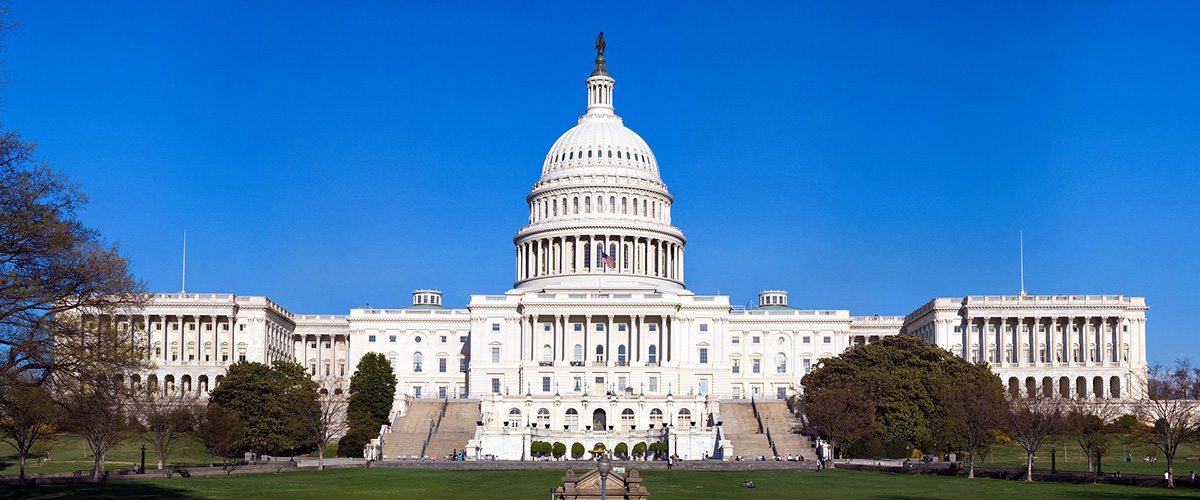[vc_row][vc_column][vc_column_text]
The New Jersey Senator introduced a wide-reaching bill that would end federal prohibition on marijuana and encourage states to legalize the substance.
U.S. Sen. Cory Booker this week introduced legislation that would federally legalize marijuana and expunge federal marijuana convictions. Under the New Jersey Democrat’s proposed Marijuana Justice Act, marijuana would be removed from the federal Controlled Substances Act and from the purview of the federal Drug Enforcement Administration, permitting states to set their own cannabis policies.
Booker’s legislation is also aimed at undoing the damage prohibition elicited on minority and poor communities. While states would be free to decide whether or not to legalize marijuana, the proposed law would penalize states that haven’t legalized marijuana if they display marijuana-related incarceration rates that are racially disparate.
“For decades the failed War on Drugs has locked up millions of nonviolent drug offenders – especially for marijuana-related offenses – at an incredible cost of lost human potential, torn apart families and communities, and taxpayer dollars,” Booker said in a Facebook Live video introducing the legislation.
States would be encouraged to legalize marijuana to avoid penalties, which would come in the form of withheld criminal justice funding. The funds withheld from states would be put toward a federal “Community Reinvestment Fund,” a grant program supporting communities most affected by marijuana prohibition. The money would be used for public libraries, community centers, youth programs, health education, job-training programs, and criminal re-entry assistance.
The Marijuana Justice Act would also prevent deportations of individuals for marijuana offenses and provide for a process of expungement for marijuana offenses at the federal level.
“The question is no longer ‘should we legalize marijuana?’; it is ‘how do we legalize marijuana?’ We must do so in a way that recognizes that the people who suffered most under prohibition are the same people who should benefit most under legalization,” said Queen Adesuyi, policy associate at the Drug Policy Alliance, in a statement. “From disparate marijuana-related arrests and incarceration rates to deportations and justifications for police brutality – the war on drugs has had disparate harm on low-income communities and communities of color. It’s time to rectify that.”
While running through the reasons why he believes it’s time to legalize marijuana nationally, Booker said he believes that ending prohibition would be beneficial for helping address the nation’s opioid epidemic. Studies suggest that access to legal marijuana reduces opioid use and opioid-related hospitalizations.
“I’ve seen a lot of very compelling preliminary data that shows there is a drop in opioid overdoses in areas that have better access to marijuana,” Booker told NBC News in a phone interview.
Recent polls show support for legalizing marijuana nationwide among Americans is at an all-time high. Eight U.S. states have passed their own policies legalizing recreational marijuana and market analysts have predicted that every state will legalize medical or recreational marijuana by 2021.
“This is the single most far-reaching marijuana bill that’s ever been filed in either chamber of Congress,” Tom Angell, chairman of the group Marijuana Majority, said in a statement. “More than just getting the federal government out of the way so that states can legalize without [Drug Enforcement Administration] harassment, this new proposal goes even further by actually punishing states that have bad marijuana laws.”
“Polls increasingly show growing majority voter support for legalization,” Angell added. “So this is something that more senators should be signing onto right away.”
Learn more about cannabis laws in the U.S. by visiting our education page.[/vc_column_text][/vc_column][/vc_row]






